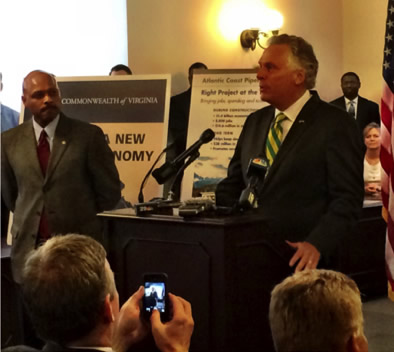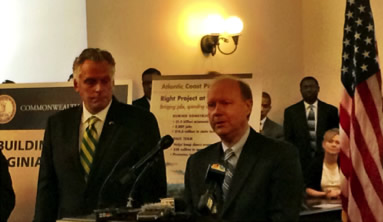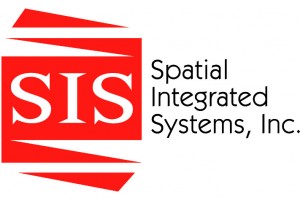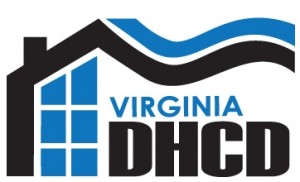- Details
Virginia’s Growth Alliance Could Benefit
 Today at a press conference in Richmond, Governor Terry McAuliffe, Dominion Resources CEO Tom Farrell and Hank Linginfelter, EVP Distribution Operations, AGL Resources and Chairman, Virginia Natural Gas, announced the considerable economic benefits that the proposed Atlantic Coast natural gas pipeline will bring to the Commonwealth of Virginia.
Today at a press conference in Richmond, Governor Terry McAuliffe, Dominion Resources CEO Tom Farrell and Hank Linginfelter, EVP Distribution Operations, AGL Resources and Chairman, Virginia Natural Gas, announced the considerable economic benefits that the proposed Atlantic Coast natural gas pipeline will bring to the Commonwealth of Virginia.
In an earlier press release today, Dominion, AGL Resources, Duke Energy, and Piedmont Natural Resources announced a joint venture to build a major natural gas pipeline, an energy superhighway, through parts of Virginia, West Virginia, and North Carolina.
A study by the independent firm Chmura Economics and Analytics found that the pipeline’s construction would:
- Produce approximately $1.42 billion in economic activity in the Commonwealth.
- Support more than 8,800 new Virginia jobs, including nearly 5,000 directly supported by spending on construction activities.
- Generate more than $14.6 million in additional tax revenues for the Commonwealth, including individual income and corporate tax revenues.
- Once construction is complete, the pipeline would generate a total of 37.8 million per year in ongoing economic activity, support a total of 188 jobs annually and produce more than $233,000 in additional state tax revenue.
 “This project is a game changer for Virginia’s economy, and the benefits will be both immediate and long-lasting,” said Governor McAuliffe. “In addition to the thousands of jobs and billions in economic activity that the construction of this project will create, the Atlantic Coast pipeline will lower energy costs for Virginia residents and businesses and help reduce carbon emissions in our state and region."
“This project is a game changer for Virginia’s economy, and the benefits will be both immediate and long-lasting,” said Governor McAuliffe. “In addition to the thousands of jobs and billions in economic activity that the construction of this project will create, the Atlantic Coast pipeline will lower energy costs for Virginia residents and businesses and help reduce carbon emissions in our state and region."

- Details
Duke Energy and Piedmont Natural Gas today announced the selection of Dominion to build and operate a 550-mile interstate natural gas pipeline from West Virginia, through Virginia and into eastern North Carolina to meet the region's rapidly growing demand for natural gas.
Called the "Atlantic Coast Pipeline," it also is expected to serve as a key infrastructure engine to drive economic development and create jobs, helping counties on the pipeline's route attract new, energy-dependent businesses and industries – especially along the Interstate 95 corridor in eastern North Carolina.
- Details
 The Commonwealth Center for Advanced Manufacturing (CCAM) today announced that Spatial Integrated Systems Inc. (SIS), a leader in providing business solutions that incorporate digital 3D imaging, robotics, artificial intelligence, and 3D visualization, has joined forces with CCAM’s industry, academic and government research collaboration.
The Commonwealth Center for Advanced Manufacturing (CCAM) today announced that Spatial Integrated Systems Inc. (SIS), a leader in providing business solutions that incorporate digital 3D imaging, robotics, artificial intelligence, and 3D visualization, has joined forces with CCAM’s industry, academic and government research collaboration.
As CCAM’s newest industry member, Spatial Integrated Systems will provide digital 3D equipment and software including the 3D Imaging System (3DIS) used by commercial and military equipment manufacturers to produce visually rich digital information. 3DIS is a digital 3D capture and processing system used for rapid prototyping and fabrication modeling as well as to provide analyses of “as-built” manufacturing plants and facilities and computer-based interference checking and inspections.
The system generates dimensionally accurate digital 3D models of target space or objects, automatically fuses the image texture onto 3D model geometry, and exports files ready for commercial high-end design applications and import into 2D/3D CAD packages. 3DIS frees resources, reduces time, improves process efficiencies and empowers developers with an innovative tool for increased creativity in the design process.
Joseph Moody, CCAM President and Executive Director, said, “As an innovator of 3D imaging and visualization Spatial Integrated Systems serves the defense industry and commercial manufacturers with a unique set of process-based solutions. CCAM member companies and academic and government partners will benefit from these game-changing technologies.”
- Details
Projects include housing rehabilitation, downtown revitalization and water and sewer service
 Governor Terry McAuliffe today announced more than $8.5 million in Community Development Block Grant (CDBG) funding for 13 projects in Virginia.
Governor Terry McAuliffe today announced more than $8.5 million in Community Development Block Grant (CDBG) funding for 13 projects in Virginia.
“The Community Development Block Grant program is a long-standing program that provides necessary resources to our localities to improve their communities,” said Governor McAuliffe. “From sewer projects to downtown revitalization and housing rehabilitation, these projects are improving the lives of Virginians across the Commonwealth.”
Since 1982, the federally-funded CDBG program has been administered by the Virginia Department of Housing and Community Development (DHCD), and Virginia receives approximately $17 million annually for this grant program. CDBG grants are awarded through a competitive process. Most projects benefit low- and moderate-income persons, and many projects are targeted for the prevention or elimination of slums and blighting conditions.
Five of the projects are noted as multi-year funding projects. Multi-year funding projects are those that will receive a contract allocating a portion of the funds this year, and after achieving specific performance targets, the project will then be eligible for additional funding. One additional project is receiving a letter of intent, indication the project is worthy of funding but lacks key components necessary for the project to be immediately implemented. This allows the locality to address the missing key component by spring 2015.
“This competitive program allows Virginia to address major community issues and utilize available resources to make our communities great places to live, work and do business,” said Secretary of Commerce and Trade Maurice Jones.
